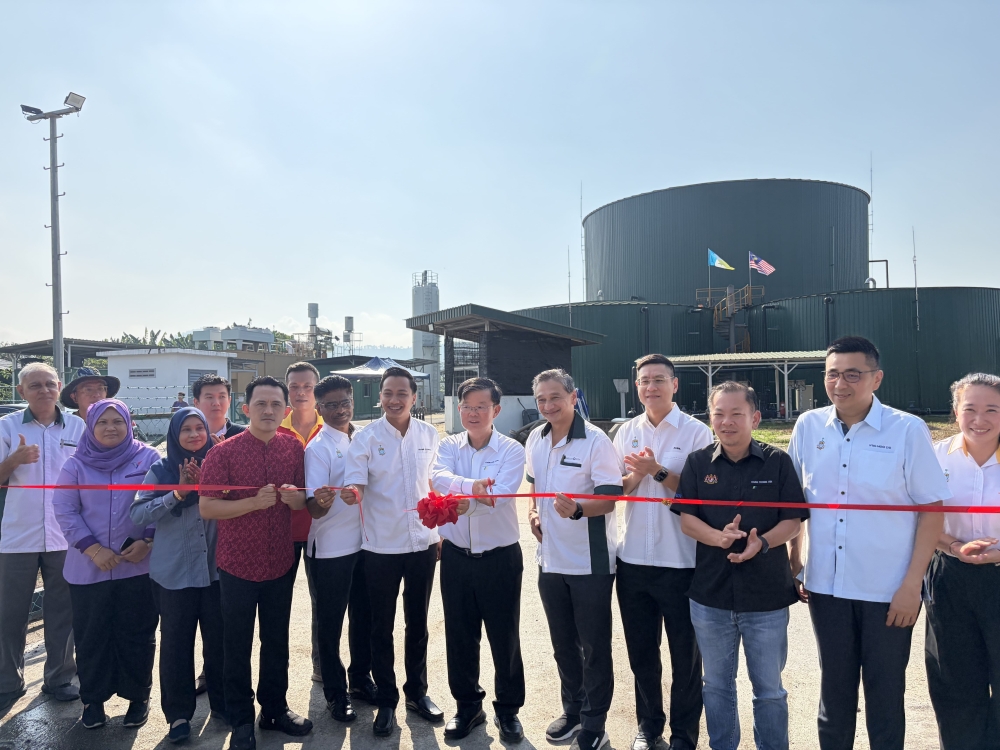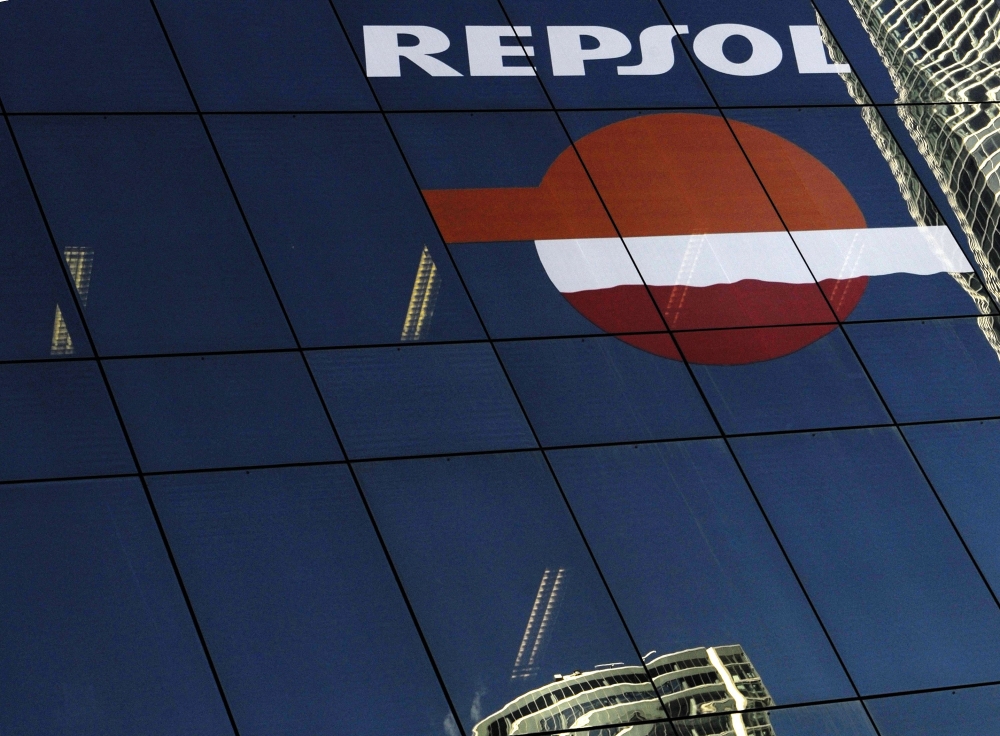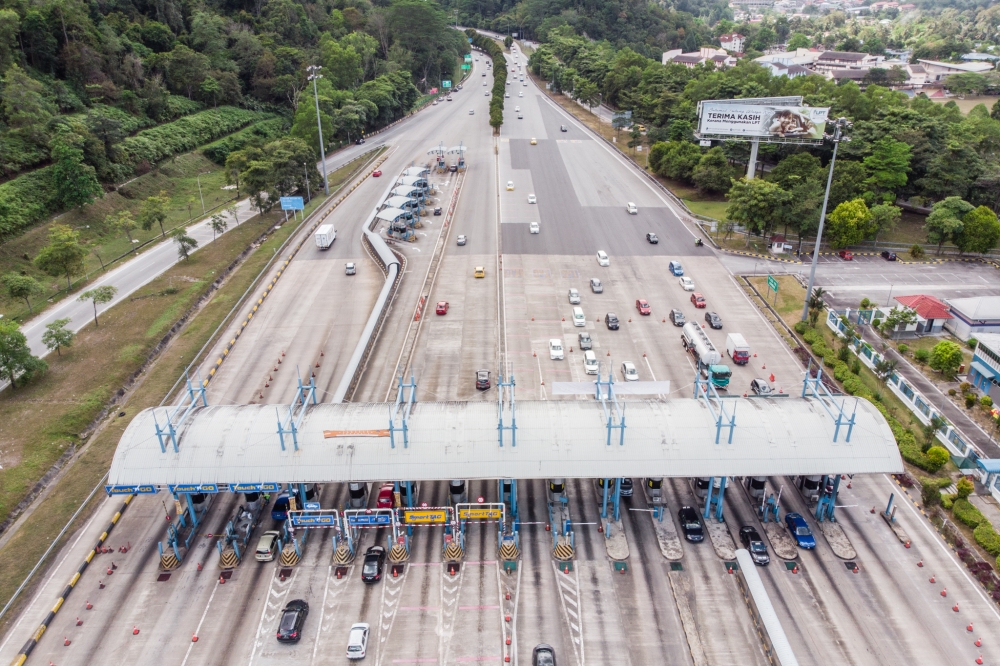KUALA LUMPUR, Oct 4 — Escalating food and house prices coupled with uneven wage growth across the economy has accelerated the cost of living for the lower income group by many folds when compared with the middle and higher income groups , says the World Bank Group.
Lead Economist in Macroeconomics, Trade, and Investment, Richard Record said the higher proportion of household income spent by lower income earners on food and housing elevated the inflation rate of the group above the average rate.
“If you look at the consumption patterns of those at the lower end of income distribution, they spend more on these items (foods and housing), as such they experience a higher rate of inflation,” he said in a briefing on East Asia and Pacific Economic Update here today.
In the first half of this year, headline inflation stood at 1.4 per cent, aided by the zero rating of the Goods and Services Tax.
He said this is exacerbated by the very uneven wage growth with some part of the economy experiencing much higher wage growth compared with others.
“Wage growth on average is quite moderate, but it’s very dispersed for instance. Manufacturing wages are growing much faster than services.
“You can see why a significant part of the population are experiencing low wage growth, lower than what the number shows and (facing) much higher increase in cost of living,” he said.
Senior Economist, Poverty and Equity, Dr Kenneth Simler said the planned review of the household living assistance would lead to a more efficient and cost effective system for low income households than its predecessor, the 1Malaysia People’s Aid.
According to the World Bank report, 20 per cent of Malaysian households, with incomes less than RM3,000 per month, allocated nearly 40 per cent of their budget for food and non-alcoholic beverages.
It said cost of living pressure was especially pronounced in urban areas where food and housing prices have been rising faster than those in the rural areas. — Bernama






















